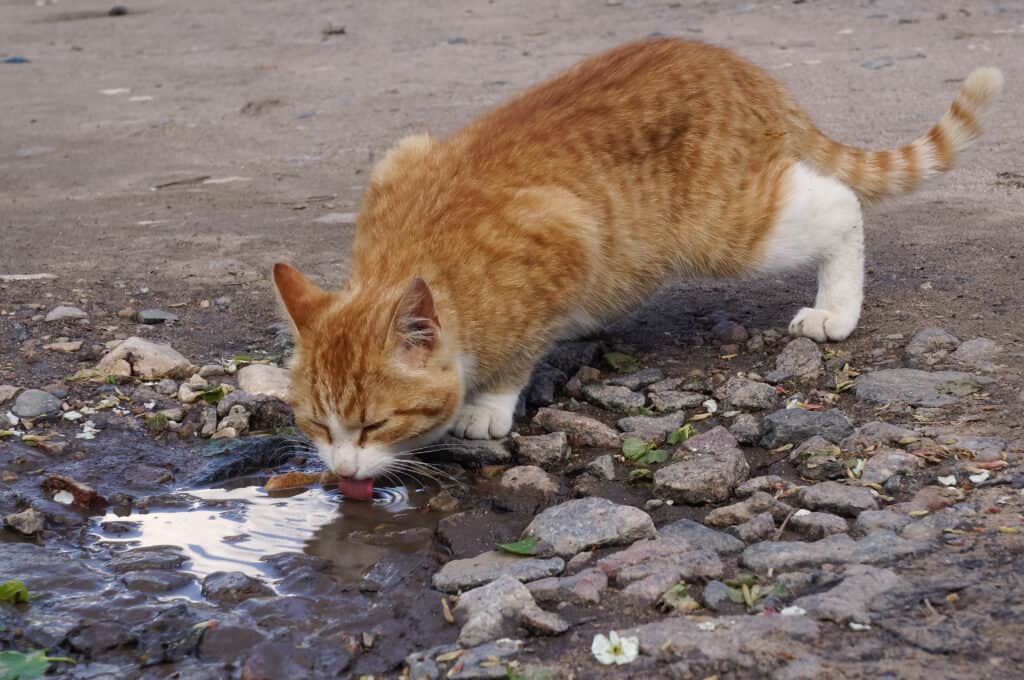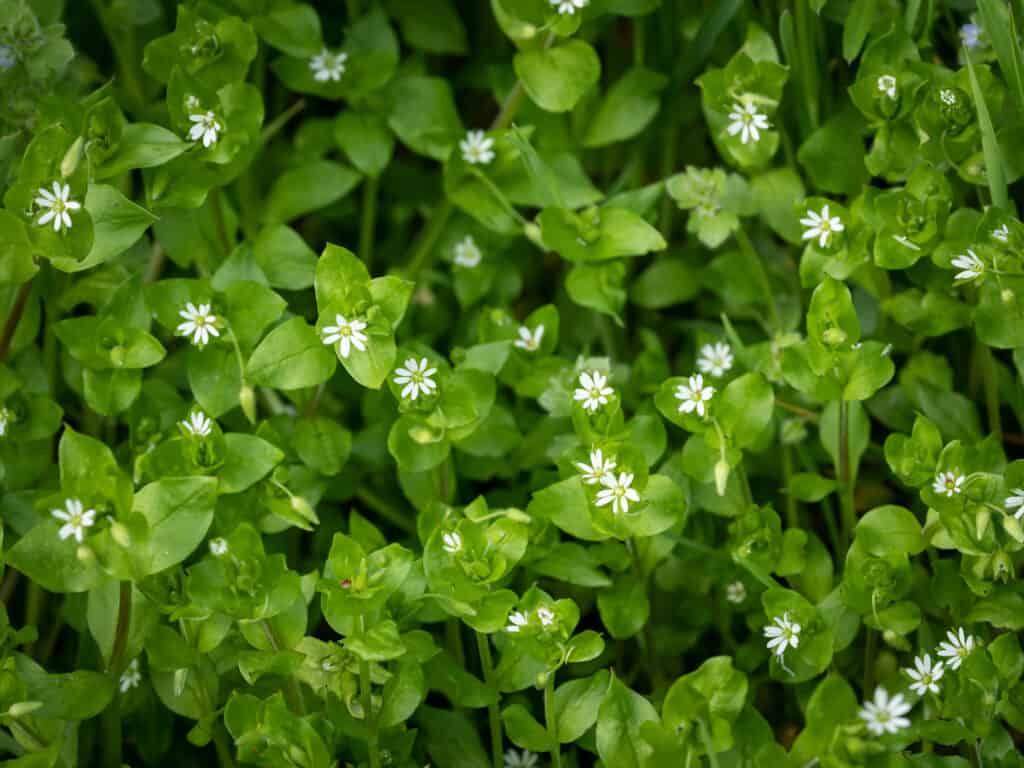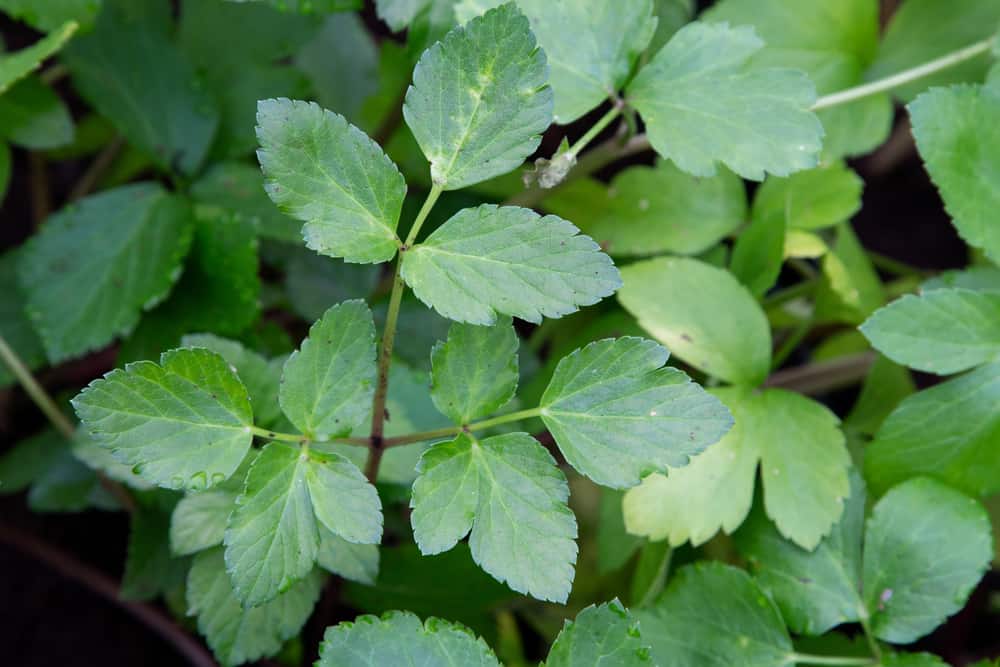ENTHUSIASTIC, BRILLIANT & LOVELY PEOPLE…
…and here’s a fantastic opportunity as we need some more to come and
join us in lots of different roles around our ever developing business on our mission to create, source and supply really wonderful, authentic and original food all across the UK and beyond…
Fancy a role in our Sales Team? We need you to have a great personality, wonderful attitude and be very happy to have really good, deep and meaningful conversations with all sorts of people over the phone and face to face. You need to be fun to be around and have boundless energy, enthusiasm and ambition. If you’ve got the personality, we’ve got the skills to train you…
How about joining our Production Team? Making the sort of things that folk love to eat. We need some food-oriented people to come and join us in our busy, hands on, lively and pacy, small but perfectly formed Production Kitchen where taste comes way before line speed and quality comes way, way, way before quantity.
What about Warehouse for a spot of picking and packing? If you’ve got a forklift licence and know how to use it then we’d love to hear from you.
All roles need you just need to be friendly, have a big fat smile on your face with a real can do attitude combined with the work ethic of a beaver. In return, we pay decent salaries to the right people so if you’ve got a totally gorgeous personality with a real feel for good food then one of these roles could right up your street. What a lovely way to start Spring!
Immediate start for the right people. Hoorah!
Just send us a friendly email with your phone number and a bit about you to: [email protected] and we’ll call you for a chat…
or just call us on 01258 474300 and ask for Giles.
OLIVES ET AL North Dorset Business Park Sturminster Newton www.olivesetal.co.uk [email protected]













